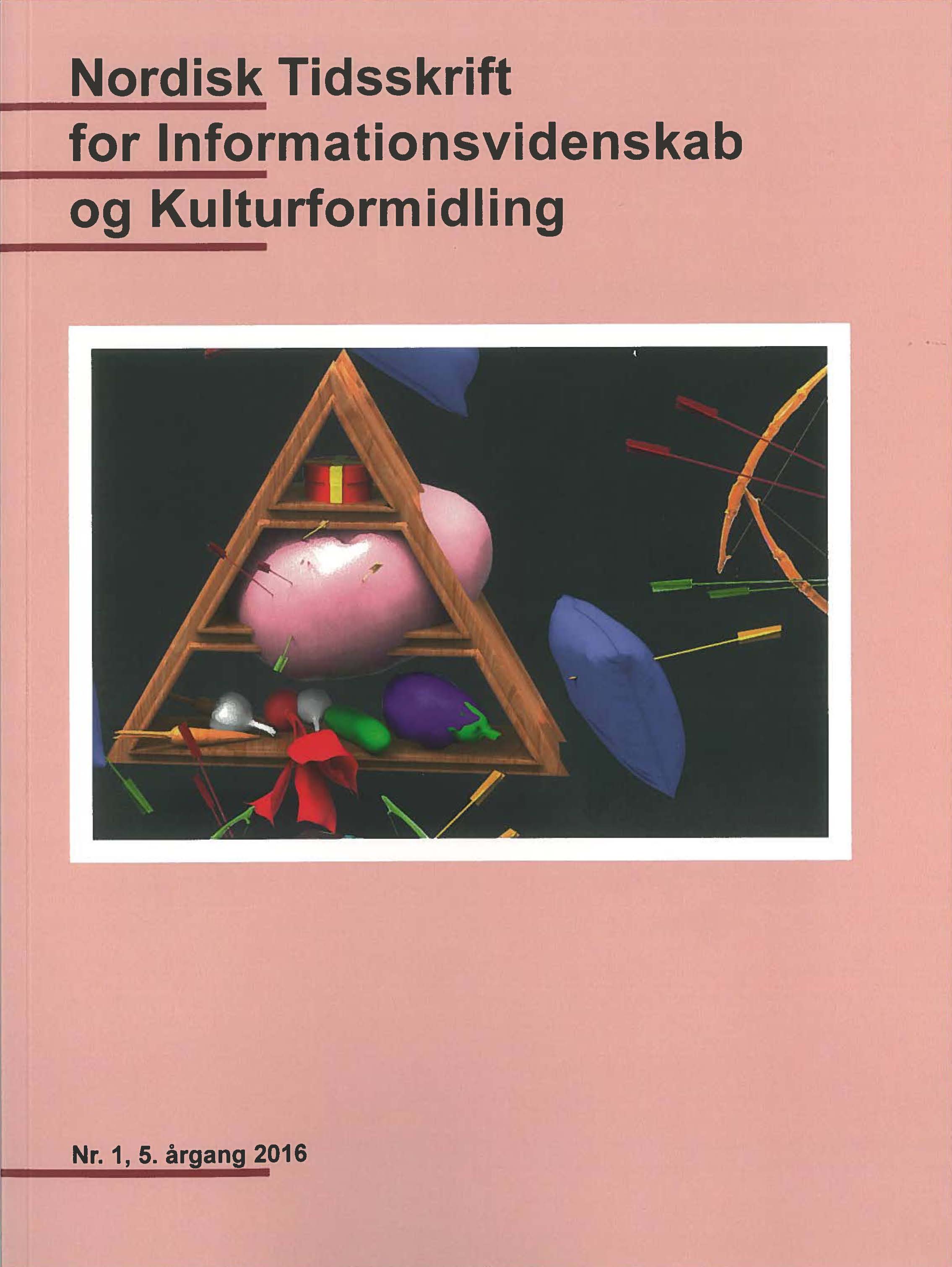Wikipedia and the Myth of Universality
DOI:
https://doi.org/10.7146/ntik.v5i1.25882Resumé
Introduction I write from the U.S., where the removal of "women writers" from the more general and inclusive "writers" category in 2013 drew national ire and debate (Filipacchi, 2013). The episode heightened visibility of the fact that Wikipedia entries are not only predominantly created and edited by men, but that the categories that organize the content are also gendered and hierarchical. Indeed, classification is arguably at the root of some of the most critical questions regarding Wikipedia's functions and limitations. The construction of categories for access to knowledge and information is inherently paradoxical-it is by way of categories that we organize and access information in any information retrieval system. But categories are by definition limiting and exclusionary, and they operate on the basis of membership and nonmembership: an inside and an outside. Membership and the terms by which we name those categories-especially with regard to humans and human subjectivities-are almost always political and contested.Downloads
Publiceret
2016-03-13
Citation/Eksport
Adler, M. (2016). Wikipedia and the Myth of Universality. Nordisk Tidsskrift for Informationsvidenskab Og Kulturformidling, 5(1), 37–41. https://doi.org/10.7146/ntik.v5i1.25882
Nummer
Sektion
Artikler
Licens
Forfatter og tidsskrift har ophavsretten, men må citeres med angivelse af kilden.





